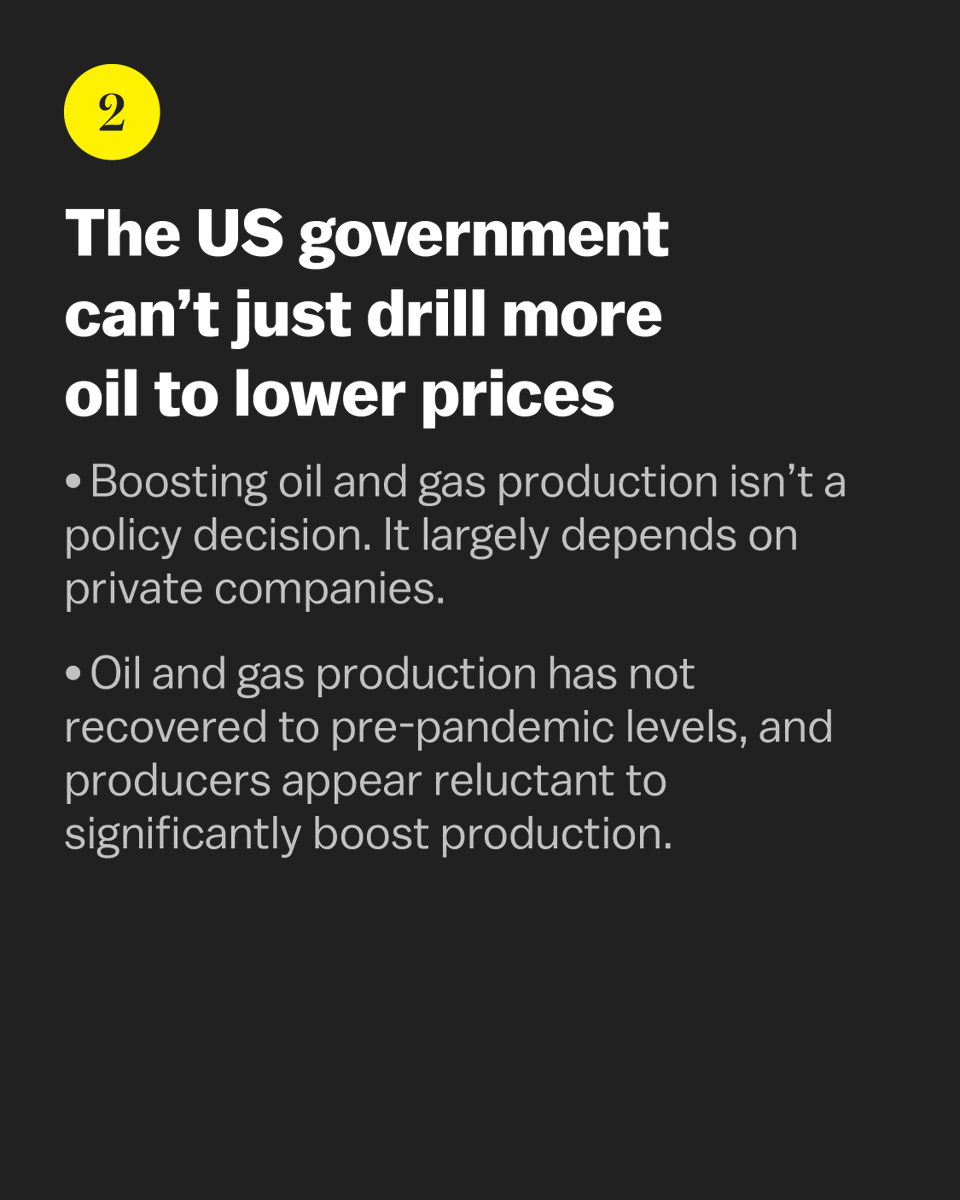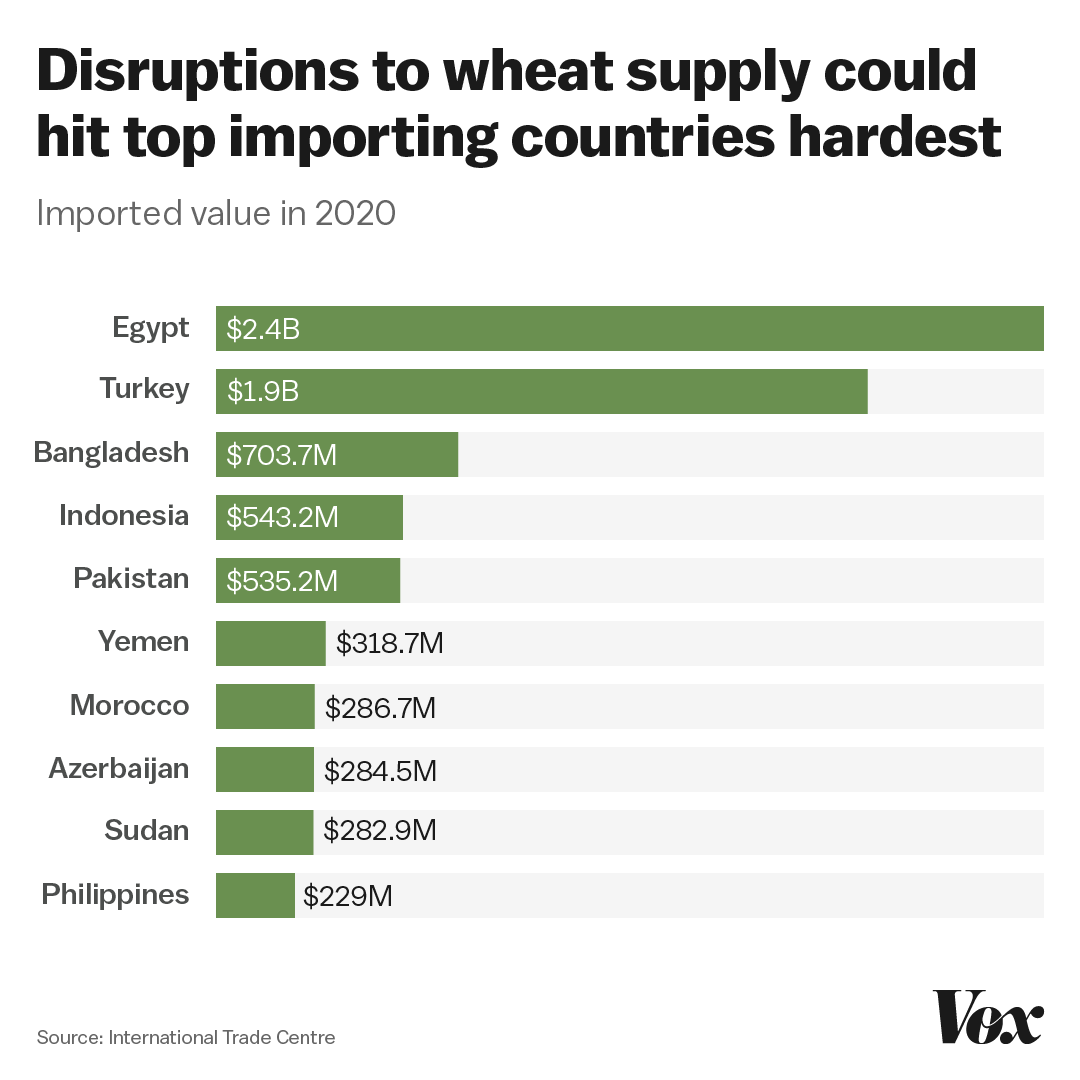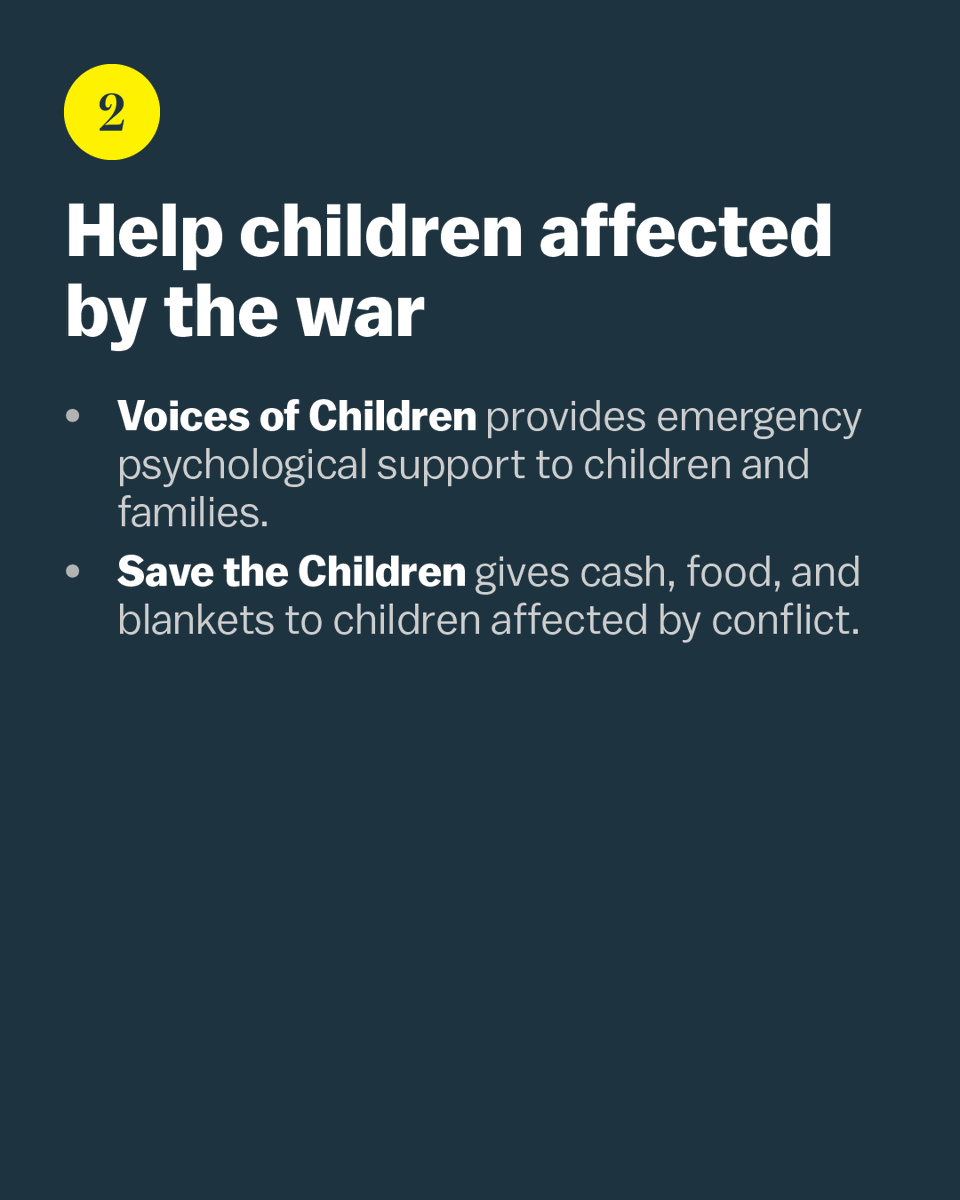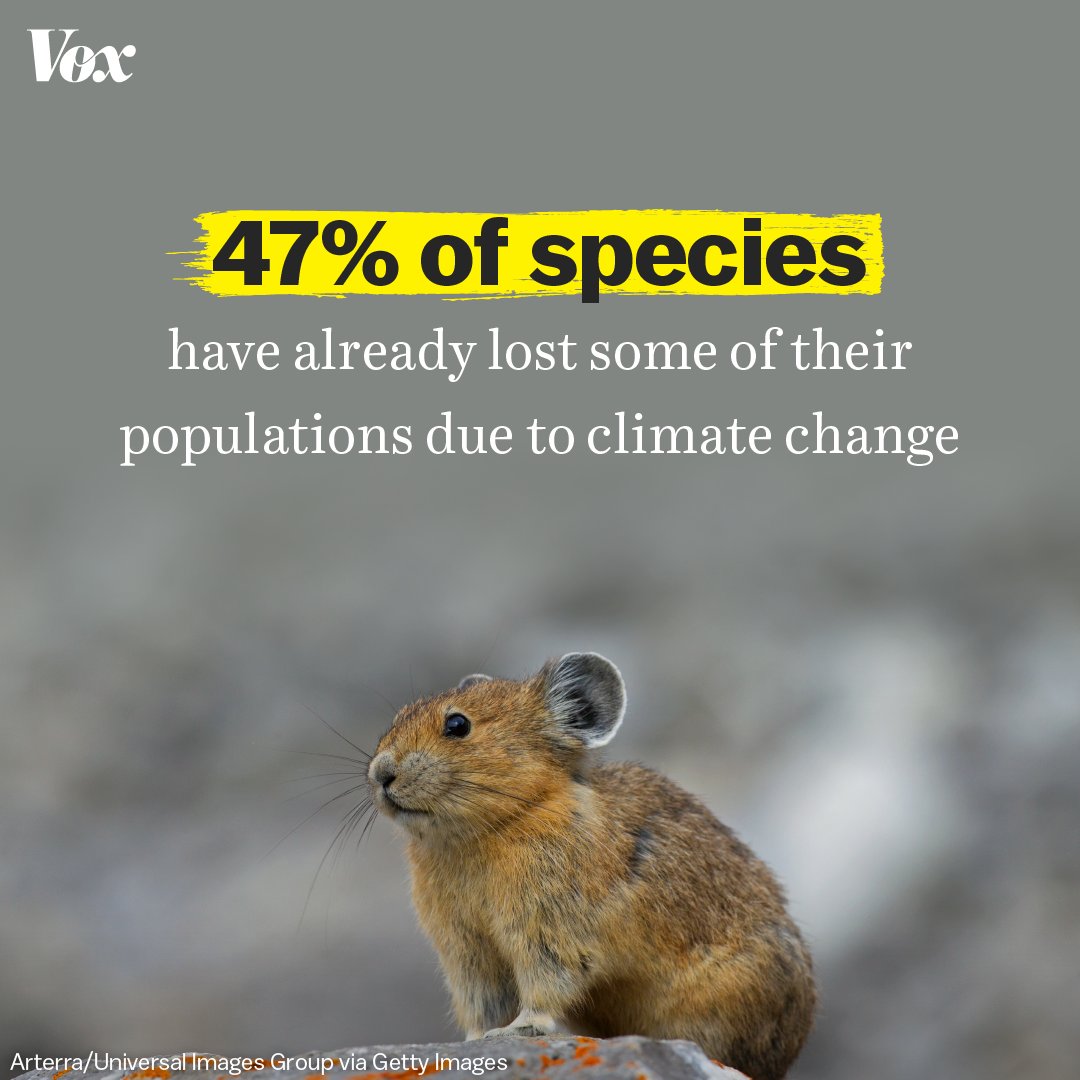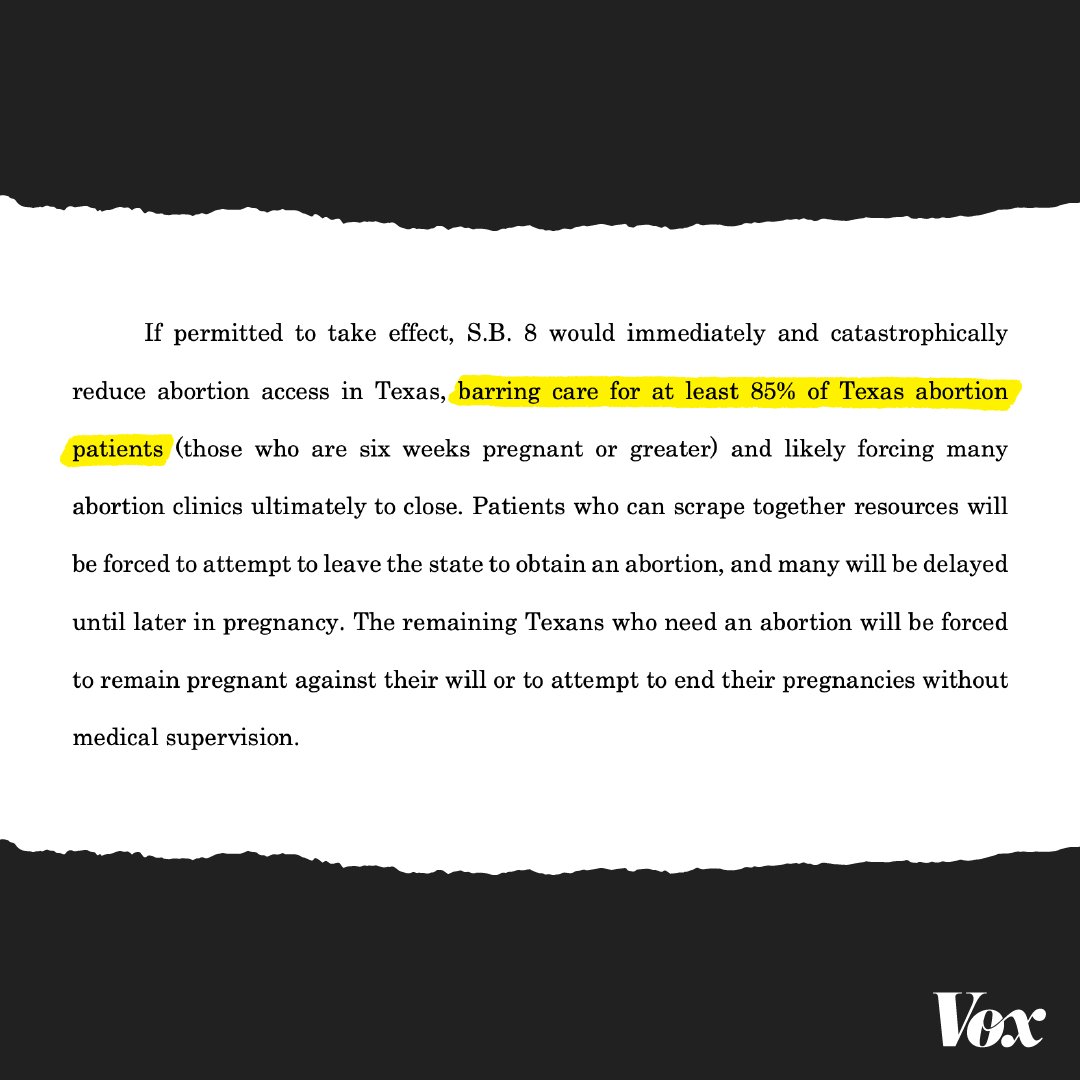
If you got a raise last year, congrats!
Unfortunately, unless your wages or salary increased more than the national average of 4.5% last year, inflation likely canceled it out, @ranimolla reports. trib.al/x5iuWga
Unfortunately, unless your wages or salary increased more than the national average of 4.5% last year, inflation likely canceled it out, @ranimolla reports. trib.al/x5iuWga

@ranimolla Inflation is at a 40-year high, with prices up 7.9% on average over the past year.
Its effect can be felt in everyday purchases, including:
🛢️ Gas
🏡 Rent
🥚🥛🍞 Groceries
trib.al/x5iuWga
Its effect can be felt in everyday purchases, including:
🛢️ Gas
🏡 Rent
🥚🥛🍞 Groceries
trib.al/x5iuWga
@ranimolla Inflation means consumers have less buying power.
While nominal hourly earnings (the literal amount you're paid) grew 5.1% on average in Feb. 2022 compared with Feb. 2021, real wages — or wages adjusted for the effects of inflation — declined 2.6%. trib.al/x5iuWga
While nominal hourly earnings (the literal amount you're paid) grew 5.1% on average in Feb. 2022 compared with Feb. 2021, real wages — or wages adjusted for the effects of inflation — declined 2.6%. trib.al/x5iuWga
@ranimolla If inflation continues apace, US workers could be trapped in a cycle that sees wages rising but actual gains being wiped out.
If it calms down, as economists expect, US workers could finally see much-needed real wage gains. trib.al/x5iuWga
If it calms down, as economists expect, US workers could finally see much-needed real wage gains. trib.al/x5iuWga
@ranimolla The good news: We’re in a unique historical period in which inflation is expected to subside but labor shortages are not.
This means workers have more leverage in negotiating better pay and benefits, among other offerings. trib.al/x5iuWga
This means workers have more leverage in negotiating better pay and benefits, among other offerings. trib.al/x5iuWga
@ranimolla For those of us not yet replaced by robots, the current employment situation could work out in our favor.
If the price of goods moderates, long-overdue wage gains could mean something in real terms to many workers. trib.al/x5iuWga
If the price of goods moderates, long-overdue wage gains could mean something in real terms to many workers. trib.al/x5iuWga
• • •
Missing some Tweet in this thread? You can try to
force a refresh



